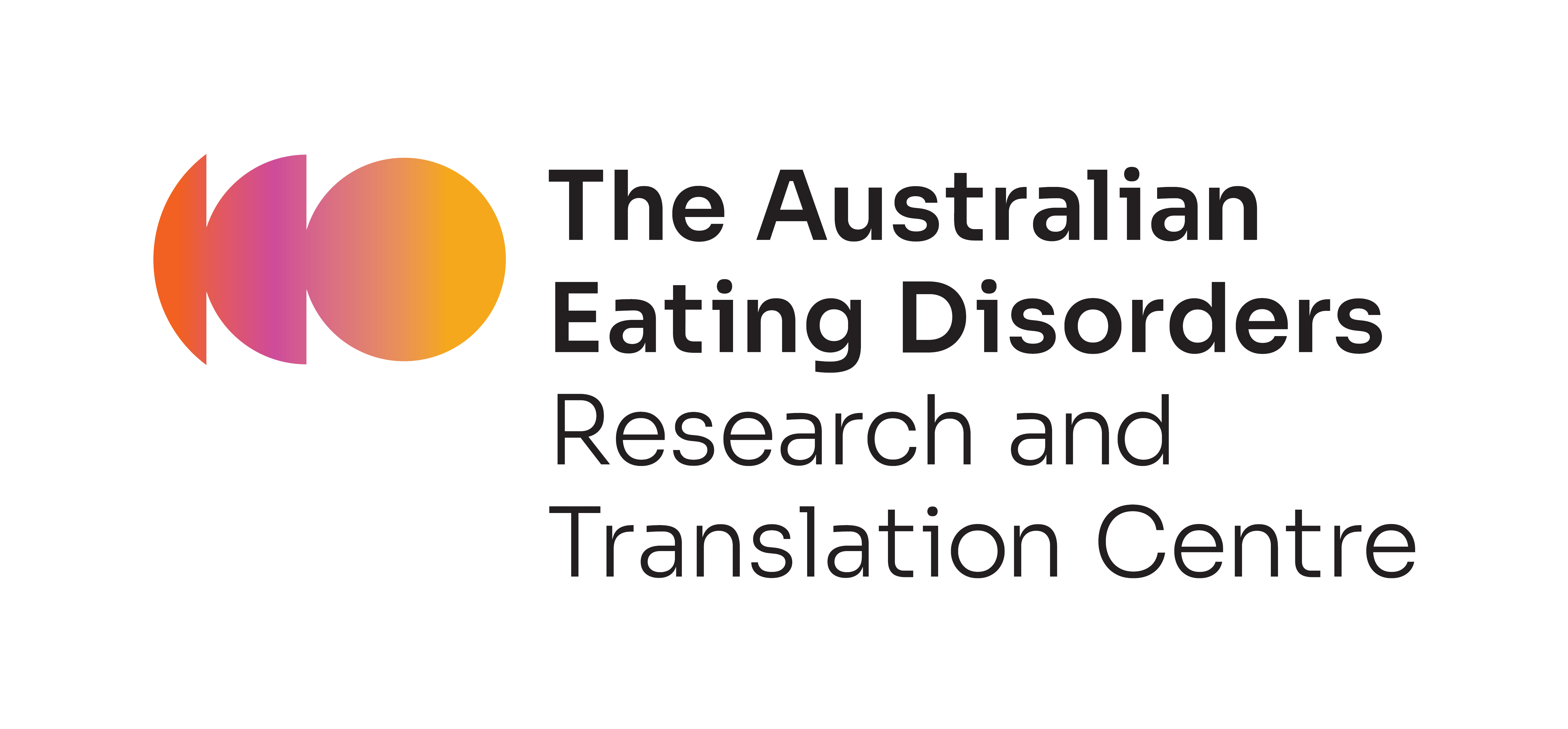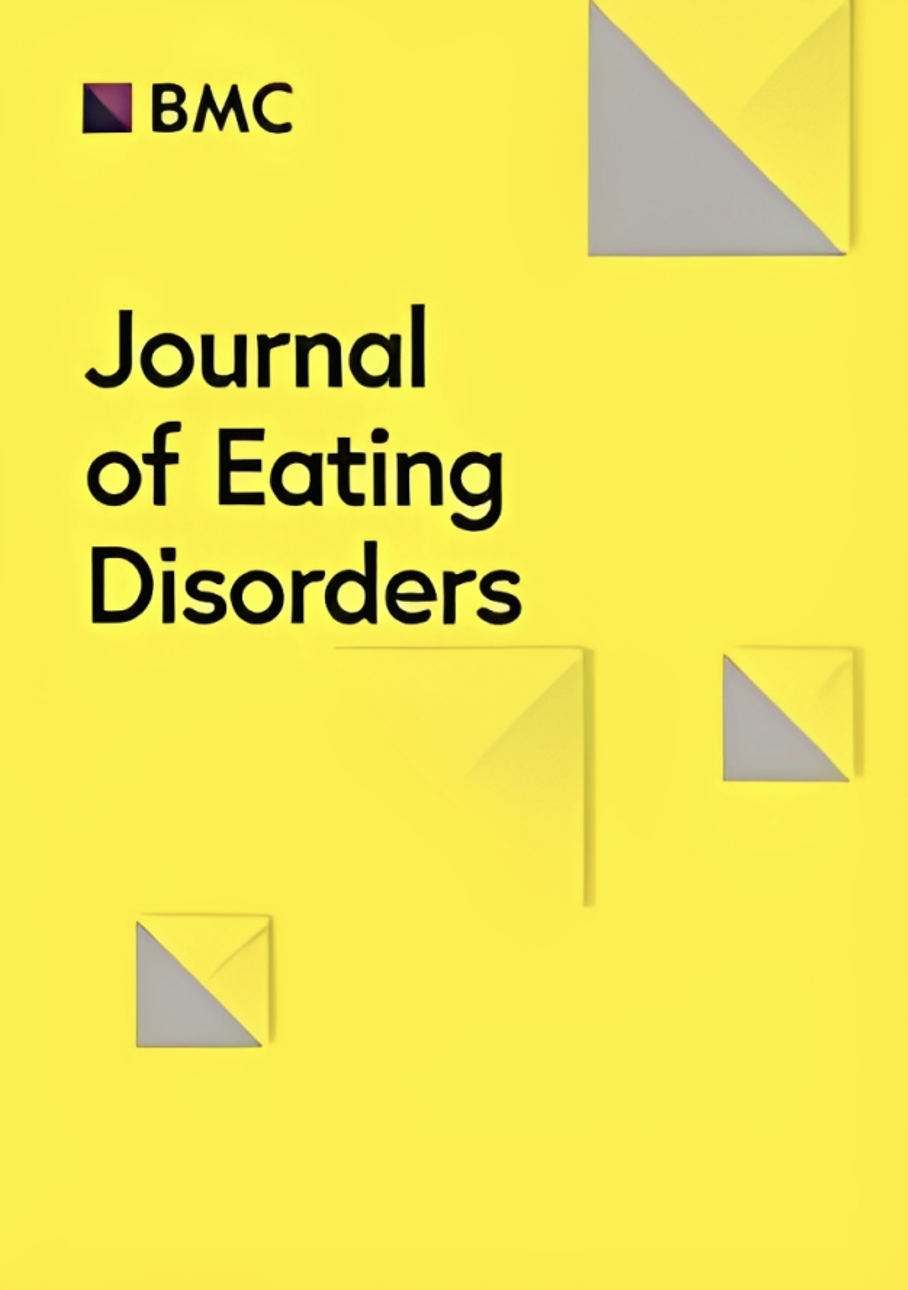Background
Eating disorders (EDs) are complex psychological disorders, with low rates of detection and early intervention. They can lead to significant mental and physical health complications, especially if intervention is delayed. Given high rates of morbidity and mortality, low treatment uptake, and significant rates of relapse, it is important to examine prevention, early intervention, and early recognition initiatives. The aim of this review was to identify and evaluate literature on preventative and early intervention programs in EDs.
Methods
ScienceDirect, PubMed and Ovid/Medline were searched for studies published between 2009 and mid 2021 in English. High-level evidence such as meta-analyses, large population studies and Randomised Control Trials were prioritised through purposive sampling. Data from selected studies relating to prevention and early intervention in eating disorders were synthesised in narrative format and are disseminated in the current review. For more information on the Rapid Review methods, see https://jeatdisord.biomedcentral.com/articles/10.1186/s40337-022-00556-3
Results
In total, 130 studies were identified, 72% relating to prevention and 28% to early intervention. Most programs were theory-driven and targeted one or more ED risk factors such as thin-ideal internalisation and/or body dissatisfaction. There is reasonable evidence to support prevention programs reducing risk factors, particularly as part of school or university-based programs, with established feasibility and relatively high acceptance among students. There is increasing evidence around the use of technology (to provide access to more people) and for use of mindfulness approaches (building emotional resilience). Few long-term studies assessing new-onset cases following participation in a prevention program exist.
Conclusions
Although several prevention and early intervention programs have been shown to significantly reduce risk factors, promote symptom recognition and encourage help-seeking behaviour, most of these studies have been conducted in older adolescent and university aged students, past the age of peak ED onset. One of the most targeted risk factors - body dissatisfaction - is found in girls as young as 6 years old, indicating a need for further research implementing prevention initiatives at younger ages. Follow-up research is limited; thus, the long-term efficacy and effectiveness of studied programs is unknown. Greater attention should be paid to the implementation of prevention and early intervention programs in identified high-risk cohorts or diverse groups, where a more targeted approach may be necessary.

